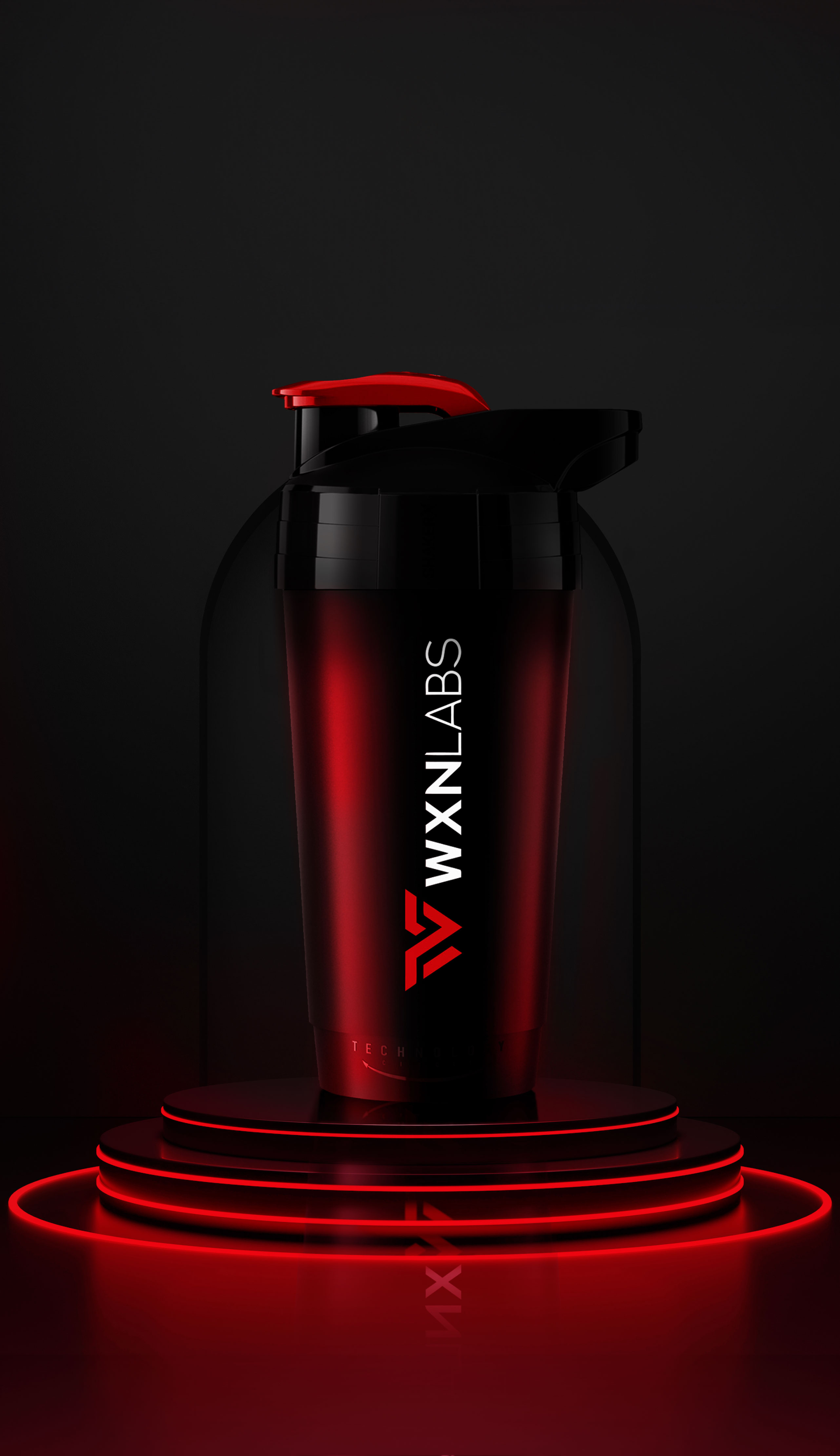Spis treści:
Caffeine is chemically a purine alkaloid found in natural environments. It can be found in coffee beans, in tea and even in cocoa. However, these days-like many things-it can also be created synthetically in a laboratory. It is commonly included in the group of stimulants that stimulate the central nervous system.
Mechanism and effects of caffeine
It is a lipophilic agent – hence it easily passes through the cell membranes of the body getting into the nervous system. There are adenosine receptors and adenosine in the human body. Adenosine is a neurotransmitter that inhibits the nervous system ensuring calmness. Caffeine is a blocker of these receptors, blocking the site for the ,,decelerating” adenosine. The result is an overall sensation of human arousal. Another effect that has not been scientifically confirmed, but there are many rumors about it is a slight stimulation of adrenaline secretion – hence the stimulating effect as well.
Caffeine content of available products
A popular cup of brewed coffee contains 80 – 140 mg of caffeine. However, coffee is not the only source in which caffeine can be found. It is also available in popular energy drinks, as well as pre-workout and pill supplements. Its peak level after drinking is reached after 40-60 minutes, so it is worth taking it a while before the desired effect.
Caffeine, and strength training
The latest research that can benefit caffeine over strength training says that resistance training after exercisers drank caffeine had a positive effect on performance. Caffeine drunk in a popular pre-workout, for example, will be a very good solution at the time of hard days in an athlete’s life. Many times anyone who has played a sport has felt mental fatigue dependent on a lot of responsibilities, keeping a diet or work. Caffeine at such a time can be a great solution and give a pre-workout kick that will result in greater concentration that translates into results.
However, the exact explanation of how caffeine affects exercise is not clear. On the one hand, it is said to reduce muscle glycogen utilization, while on the other, it has a beneficial effect on fat and triacylglycerol burning.
Mineral leaching – truth or myth?
Is the common opinion about caffeine that it leaches calcium, potassium and magnesium contributing to negative effects true? In a way, yes, but it is a bit more complicated. Namely, yes, if someone were to ask whether coffee leaches the above minerals the answer should be an unequivocal YES. But…. Although the answer to this question is clear, it is worth delving into the topic a little harder. Mineral leaching will occur, but even after drinking such a quantity of coffees meaning the maximum possible daily caffeine intake will be highly marginal. Simply put – it will not upset the body’s overall calcium, magnesium or potassium metabolism in such a way as to negatively affect its health. Bottom line: there is no concern about losing one’s minerals by consuming coffee.
Caffeine overdose
A general statement on caffeine says that the allowable dose is 300-400mg, where 500mg is already considered an overdose. Going from overdose to intoxication would require as much as 2000mg of caffeine to be introduced into the body. In such a situation, there would be very strong agitation, convulsions, distractions, hot flashes or serious trouble sleeping.
Natural versus synthetic caffeine
On the Internet you can find many preparations classified as dietary supplements, which are rich in caffeine. When an athlete wants to supply the exact amount of caffeine to the body before weight training, for example, then it is worth being tempted to take a supplement. The exact amount of caffeine contained in a single capsule against brewed coffee wins out. This is due to the fact that coffee beans have to be brewed for a long time in order to release all their caffeine power, and the process of release itself depends on a great many factors such as the surface of the beans and the temperature of the water. For this reason, it is not possible to calculate the exact content of a given cup of coffee.








